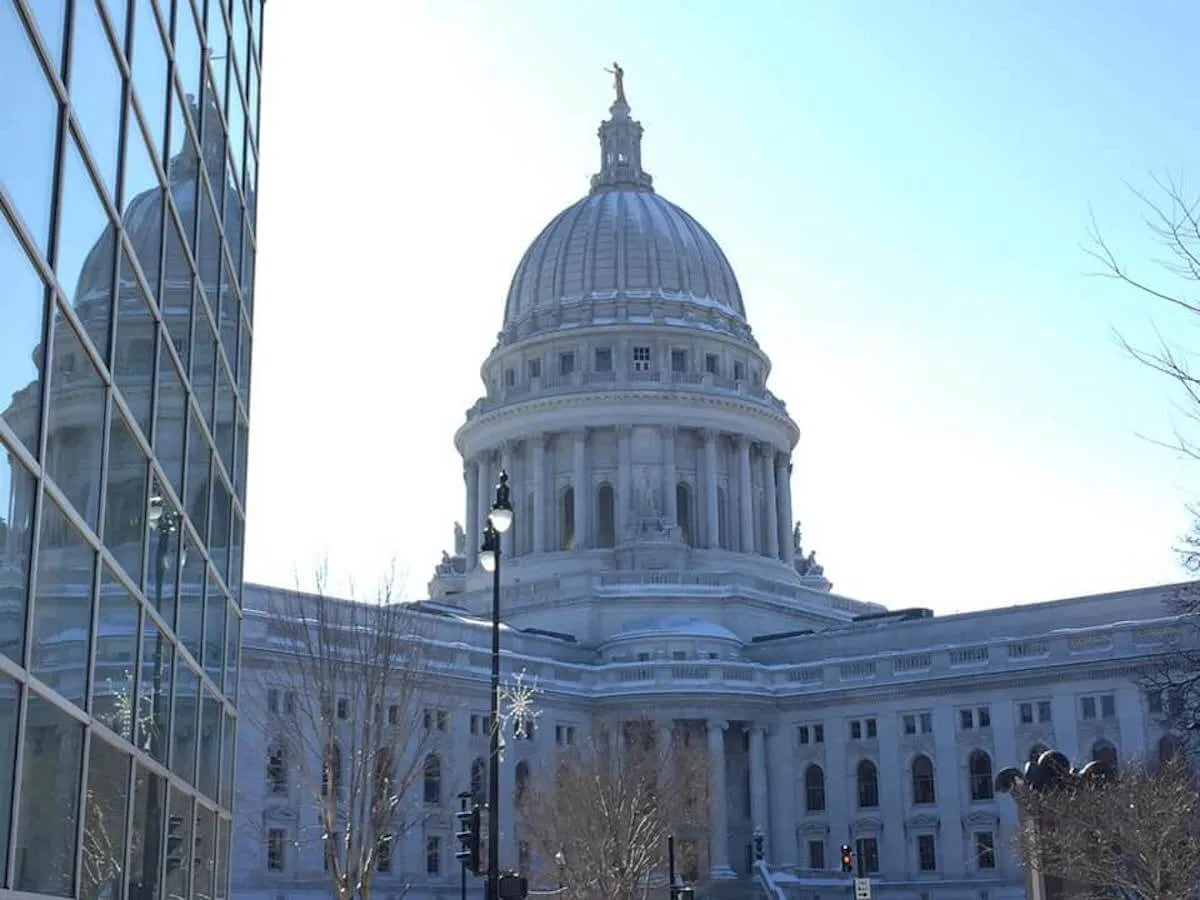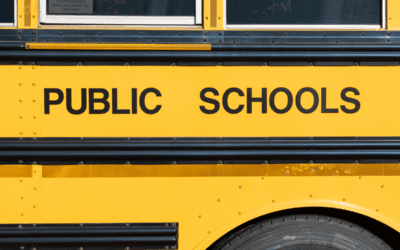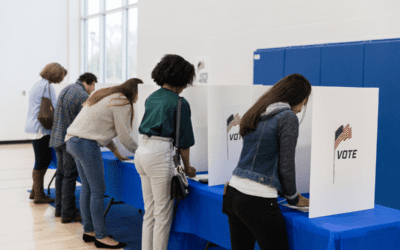
#image_title
Bill has not yet been made public but provision shifting power from governor to budget-writing committee reportedly removed
The state Legislature is set to meet next week to vote on a COVID-19 relief package that, if passed, will be the first time state funds will be specifically dedicated to fighting the pandemic since the governor declared a public health emergency nearly a month ago.
Lawmakers are dealing with an outbreak that as of Friday has claimed 128 lives and infected 3,068 residents of Wisconsin, according to the state health department.
Republican leaders announced Friday they will begin meeting next week. The Assembly will meet Tuesday. The Senate has yet to announce a day.
“During these uncertain times, we are steadfast in our resolve to address the needs of the state,” said Senate Majority Leader Scott Fitzgerald, R-Juneau, and Assembly Speaker Robin Vos, R-Rochester, in a joint statement Friday. “This legislation will allow Wisconsin to capture millions of federal dollars in addition to the $2 billion in coronavirus funding that will aid Wisconsin’s response to the COVID-19 crisis.
The bill has not yet been made public, but according to two Republican lawmakers, a provision that would have given greater power to the GOP-controlled budget-writing committee is no longer in it.
Gov. Tony Evers said earlier this week he would veto the bill if a provision were left in that would allow the Joint Finance Committee to make spending cuts without his approval if the state faces a budget deficit.
On Thursday, Sen. Dan Feyen, R-Fond du Lac, and Assembly Majority Leader Jim Steineke, R-Kaukauna, told WFAW-AM that the provision is no longer expected to be in the bill.
“It is not something I support for the reason being that it should be the Legislature as a whole that makes those decisions with the governor signing off on it at the end of the day,” Feyen said. “There are going to be some tough decisions that we are going to have to make but we should all make those coming together as a Legislature instead of just the Joint Finance Committee.”
Evers said Friday on a conference call with reporters that his office continues to have conversations with lawmakers concerning the bill.
“We are hopeful that next week we will see a bipartisan solution that helps us bridge the gaps that exist in the federal legislation,” Evers said. “I am hopeful, and hopefully we will reach a good conclusion.”
Evers and the Legislature have a bumpy working relationship, with the two branches rarely able to agree on policy issues.
About two weeks ago Evers gave lawmakers his own COVID-19 package that calls for roughly $1.3 billion in spending. Majority Republicans in the Senate and Assembly are pursuing their own version, which is typical of how this Legislature and governor operate. Republicans also have said they were waiting to see how much the state would receive in federal funding before making decisions on spending state funds.
But with deadlines looming for the state to qualify, for example, for up to $460 million in Medicaid funds by waiving several requirements, pressure is growing for the body to act.
Vos and Fitzgerald have said they support two key elements Evers also supports. One such provision is the temporary elimination of the one-week waiting period for people who file for unemployment insurance to receive their first check.
The other would waive a provision that requires childless adults on the state’s Medicaid program, BadgerCare, to pay a premium. Doing this allows the state to qualify for the additional federal Medicaid funding. The deadline to act is April 17.
“Those resources are absolutely needed to get money in people’s pockets and not force the state – that is going to be strapped for resources – to spend another $450 million dollars on Medicaid support,” said Sec. Joel Brennan with the Wisconsin Department of Administration. “I am hopeful they will do it.”
Brennan said it is vital that the legislature meet next week and put partisan differences aside to address the needs of state residents during the pandemic.
“I hope they can find a way to be better than they have been and to be able to squeeze the politics out of this and do things that we can all agree on in a bipartisan way similar to what happened at the federal level,” said Brennan in an interview with UpNorthNews Friday. “ Right now, we have to act in a unified way to do what’s right by the people of this state.”
Brennan said the now-discarded Republican provision that shifted power from the governor to the budget committee is an example of the type of partisanship that is not helpful right now.
“That has nothing to do with responding to COVID-19,” he said. “It is sure not going to be something we can have unanimous support or concession for. Those are the types of things we need to cast to the side.”

Opinion: Many to thank in fair maps victory for Wisconsinites
On February 19, 2024, Governor Tony Evers signed into law new and fair state legislative maps, bringing hope for an end to over a decade of...

Opinion: Empowering educators: A call for negotiation rights in Wisconsin
This week marks “Public Schools Week,” highlighting the dedication of teachers, paras, custodians, secretaries and others who collaborate with...

Op-ed: Trump’s journey from hosting The Apprentice to being the biggest loser
Leading up to the 2016 election, Donald Trump crafted an image of himself as a successful businessman and a winner. But in reality, Trump has a long...

Not just abortion: IVF ruling next phase in the right’s war on reproductive freedom
Nearly two years after the US Supreme Court overturned Roe v. Wade, another court is using that ruling to go after one of the anti-abortion right’s...




